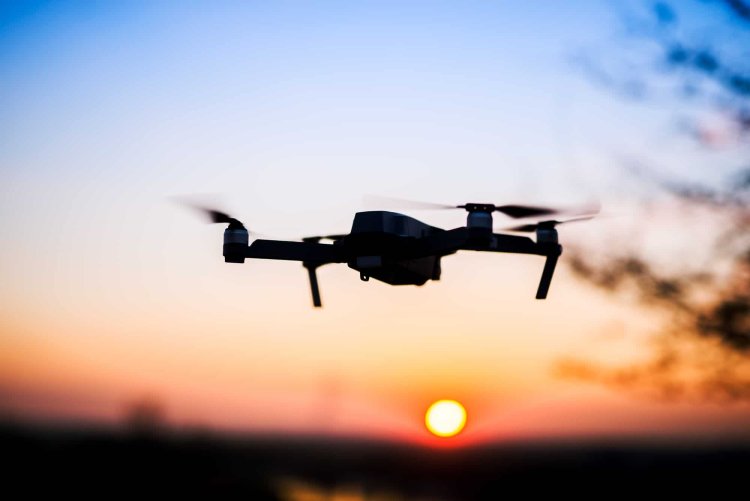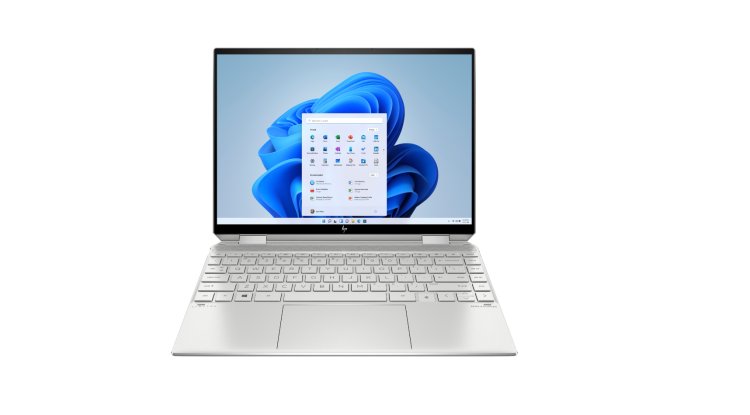A leak reveals DJI Avata FPV drone

DJI, the world's largest civilian drone maker, is at the forefront. The Chinese recently released the updated Mini 3 Pro, which costs at least 829 dollars.
In addition to the Mini 3 Pro, which is appropriate for outdoor use, there are indoor-specific drones. A leak should now reveal the new DJI Avata FPV drone.
FPV stands for First Person View Drone, and the image from the drone's camera is relayed straight to an FPV headset. As a result, the human pilot can operate the drone using VR glasses, at least with active FPV.
There is also passive FPV, in which the drone equipped with a 360-degree camera flies a route autonomously according to specifications and the pilot examines the recorded video after the immersion flight with a VR headset.
The new DJI Avata FPV drone is believed to weigh 500 grams and will come with the DJI Goggles 2 FPV glasses, which can also be connected to a smartphone.
According to Leaker Dealsdrone, the DJI Avata should feature a model that accounts for the virtual pilot's head movements. Because the Avata lacks a manual flight option, it requires a variety of sensors and cameras for cinewhoops.
It will be interesting to watch if the video footage from the FPV drone truly becomes too erratic, as some prospects fear. The battery life may have been enhanced when compared to the existing DJI FPV.
Furthermore, the drone may only weigh a maximum of 250 grams, or a spotter must accompany the flight and point out any hazards to the pilot. In the event of damage, the insurance company may refuse to pay if the legal framework for a camera flight is not followed.
The Avata, which is specifically developed for interior flights, should contain the same camera equipment as the DJI Mini 3 Pro. The camera can record 4K videos at a frame rate of 60 frames per second. The camera system has an aperture of f/1.7 for this purpose and can shoot photographs with up to 48 megapixels.
You may rotate the built-in camera by 90 degrees if you wish to create vertical images for Instagram, for example. The Avata would have substantially superior cameras than the DJI FPV.
DJI has most likely put sensors in three directions in the Avata to avoid accidents with obstructions as much as possible. In the event of a collision, DJI has arranged the four propellers in such a way that they will not be damaged. The DJI Avata is expected to go on sale in July or August, according to The Verge.




























